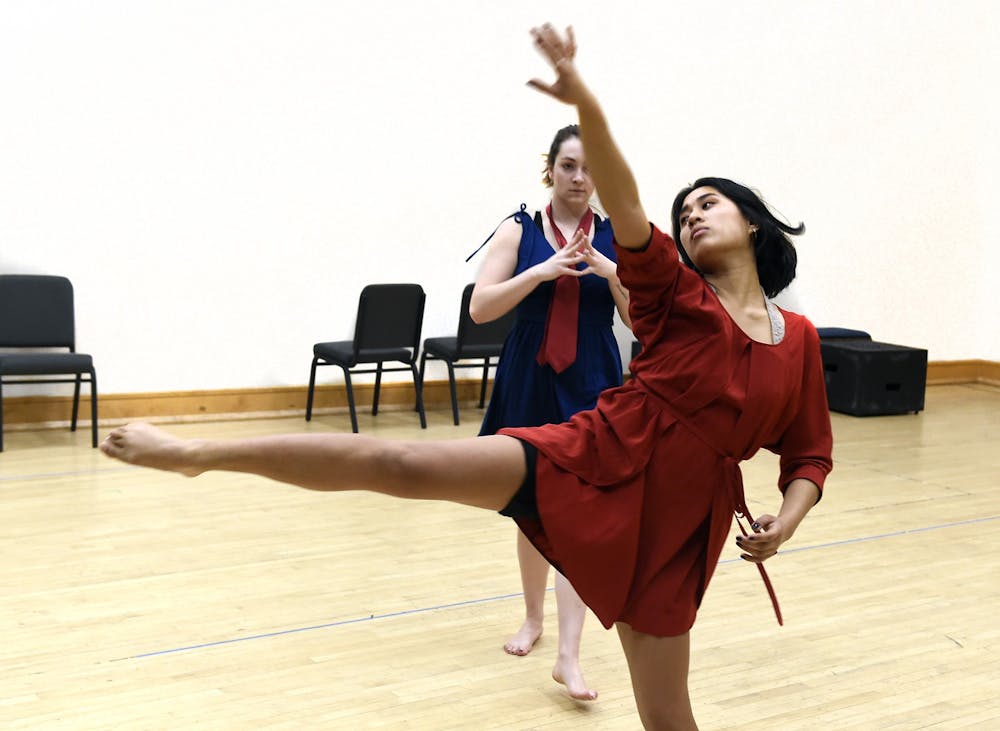A century after women earned the right to vote, UNC faculty came together to show how the fight for voting rights is still far from over.
The 19th Amendment Project, which will feature performances by UNC faculty artists, will take place at the CURRENT ArtSpace on Feb. 27 and 28. The performances will be centered around the 19th Amendment, which will be celebrating its 100th anniversary this year.
The project is part of a larger annual series called the Process Series, which features developmental presentations of new works in progress. The Process Series hopes to illuminate the ways in which artistic ideas take form, examine the creative process and create a closer relationship between artists and audiences.
Four faculty projects were selected for the 19th Amendment Project, and include dance, drama, visual arts and music. The performances will consist of 20-minute excerpts from a play called "XIX," a one-woman show called "Sojourner Truth," a live cinema performance called "#19" and a dance-theater piece called "The Debate."
Process Series Producer Heather Tatreau is a choreographer from the Department of Exercise and Sport Science at UNC. Tatreau said she proposed this project to offer faculty an opportunity to collaborate with each other outside of their home departments through an interdisciplinary approach.
“I wanted to introduce the idea of a faculty performance series here as something that we could repeat every year, and could give a platform for our faculty artists to collaborate with one another across disciplines and have some financial support to put that on stage,” Tatreau said.
By focusing on the 19th Amendment for this year's Process Series, Tatreau and those involved hope to shed light on the fact that the 19th Amendment didn't give the right to vote to all women.
"I feel like we have an opportunity as artists and scholars to bring to the stage some of the complicated issues around women in politics, as well as race and women in politics,” Tatreau said. “It extends beyond just the issue of gender to really incorporate, in particular, how women of color were affected by the passing of the 19th amendment that wasn't inclusive of them.”
Jacqueline E. Lawton, an assistant professor in the Department of Dramatic Art, is the playwright for the play, "XIX." Lawton’s play exposes the racial divide of the 19th Amendment by following an interracial family where all the women were fighting for suffrage, but only half of them won the right to vote.



